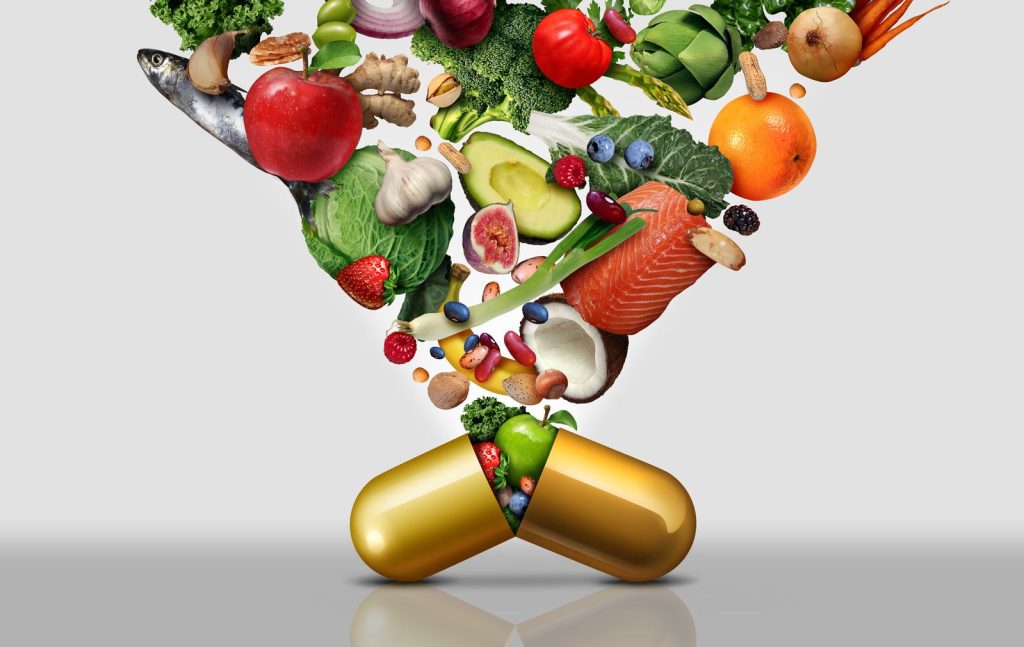Exercise is an important part of a healthy lifestyle, but what you eat before and after your workout can have a big impact on your performance and recovery. Proper nutrition can help give you the energy you need to get through your workout and help your body recover afterwards.
Before Your Workout
Fueling your body with the right foods before your workout is essential to help maximize your performance and prevent fatigue. Here are some guidelines on what to eat before your workout:
1. Carbohydrates: Carbohydrates are your body’s primary source of energy, so it’s important to include them in your pre-workout meal. Opt for complex carbohydrates like whole grains, fruits, and vegetables, which will provide a steady source of energy during your workout.
2. Proteins: Protein is essential for muscle repair and growth, so including some protein in your pre-workout meal can help support your muscles during your workout. Good sources of protein include lean meats, poultry, fish, eggs, and dairy products.
3. Fats: While fats are not a primary source of energy during exercise, they can help provide long-lasting energy and help keep you feeling full during your workout. Include healthy fats from sources like nuts, seeds, avocado, and olive oil in your pre-workout meal.
4. Timing: It’s best to eat a balanced meal 2-3 hours before your workout to give your body time to digest and absorb the nutrients. If you’re short on time, a small snack 30-60 minutes before your workout can also help fuel your body.
5. Hydration: Staying hydrated is key to optimal performance during your workout. Drink plenty of water before your workout to help prevent dehydration and keep your body functioning properly.
Some pre-workout meal ideas include oatmeal topped with fruit and nuts, a turkey and avocado sandwich on whole grain bread, or a smoothie with protein powder, fruits, and almond milk.
After Your Workout
After your workout, it’s important to refuel your body with the right nutrients to help repair your muscles and replenish your energy stores. Here are some guidelines on what to eat after your workout:
1. Protein: Consuming protein after your workout is essential to help repair and rebuild your muscles. Aim to include a source of protein in your post-workout meal or snack, such as a protein shake, Greek yogurt, or a chicken and vegetable stir-fry.
2. Carbohydrates: Replenishing your glycogen stores after your workout is important to help restore your energy levels. Include carbohydrates in your post-workout meal or snack, such as rice, potatoes, or whole grain bread.
3. Hydration: Make sure to rehydrate after your workout to help replace any fluids lost during exercise. Drink water or a sports drink to help replenish electrolytes and prevent dehydration.
4. Timing: It’s best to eat a balanced meal or snack within 30 minutes to an hour after your workout to help maximize muscle recovery and replenish your energy levels.
5. Anti-inflammatory foods: Including foods that help reduce inflammation in your post-workout meal can help speed up recovery and reduce muscle soreness. Foods like turmeric, ginger, and leafy greens can help reduce inflammation and promote recovery.
Some post-workout meal ideas include a quinoa salad with grilled chicken, a sweet potato and black bean burrito, or a salmon and avocado sushi roll.
In addition to what you eat, it’s also important to listen to your body and adjust your nutrition based on your individual needs and preferences. Experiment with different pre and post-workout meals to see what works best for you and helps you feel your best during and after your workouts.
In conclusion, proper nutrition before and after your workout is essential to help fuel your body, support your muscles, and promote recovery. By incorporating a balance of carbohydrates, proteins, fats, and hydration into your meals and snacks, you can help maximize your performance, prevent fatigue, and support muscle repair. Remember to listen to your body, stay hydrated, and adjust your nutrition based on your individual needs to help you reach your fitness goals.

